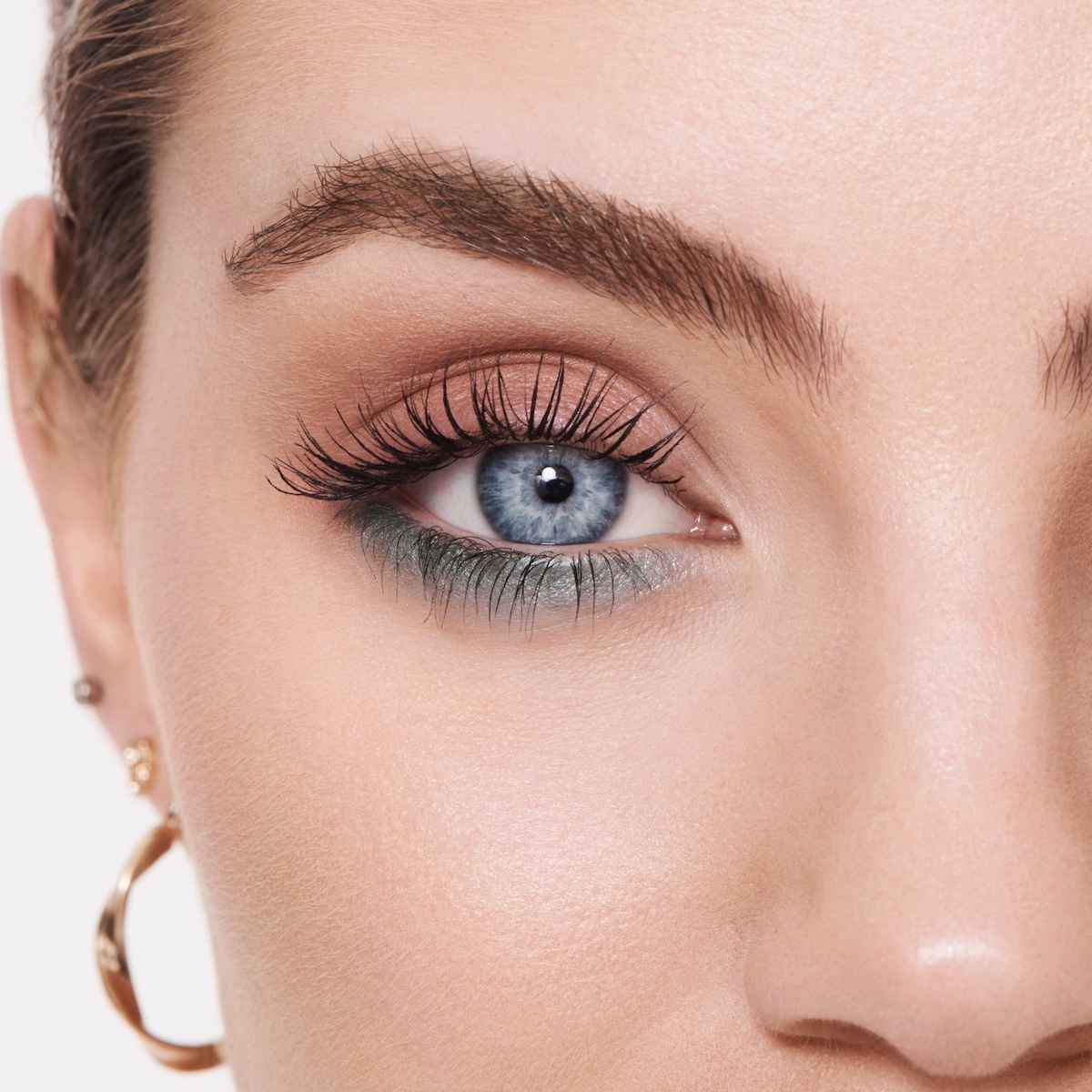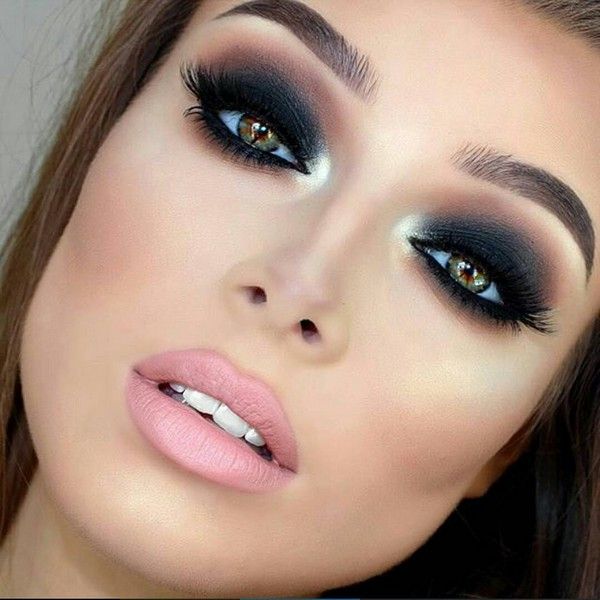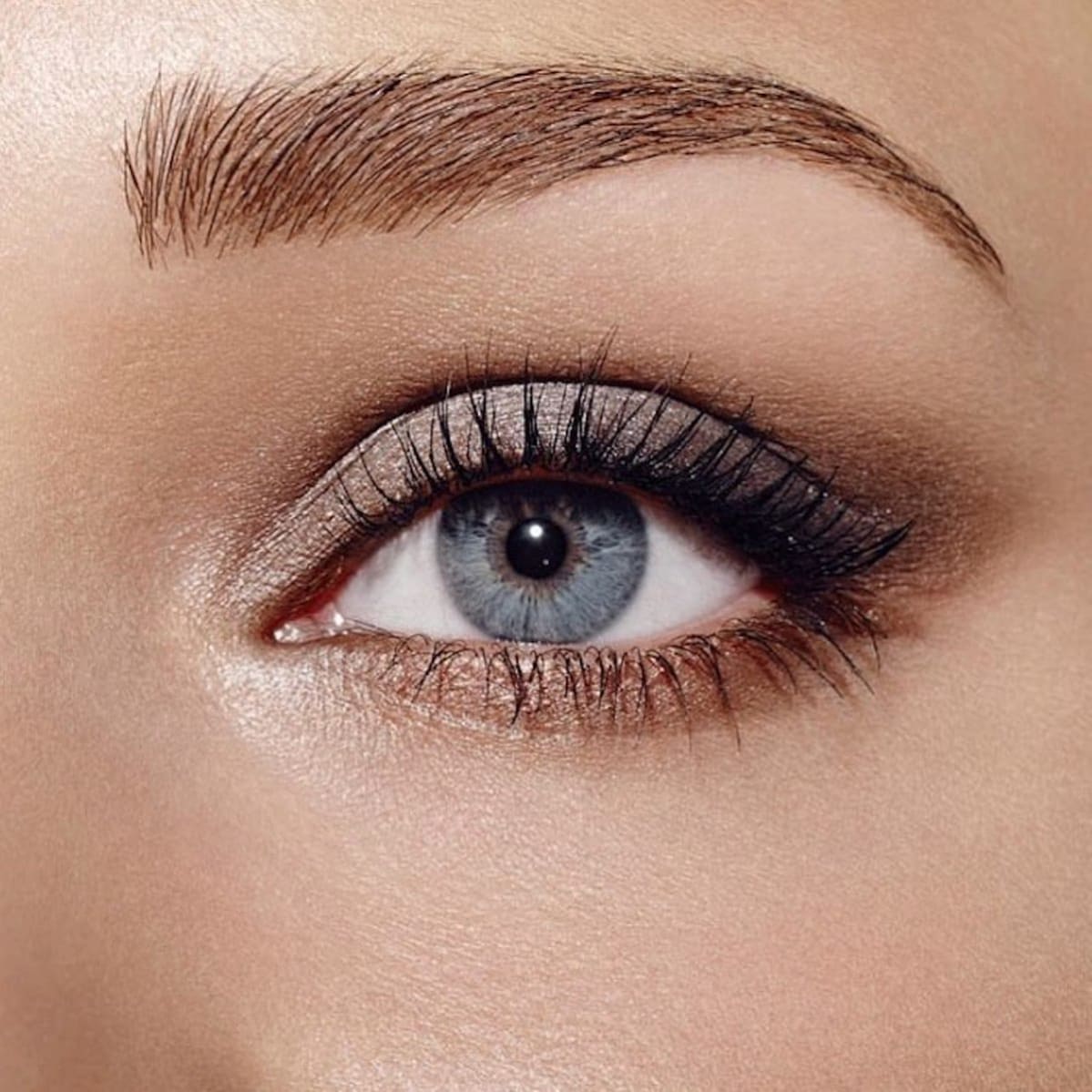
Sensitive Eyes? Choosing Hypoallergenic Eye Makeup in 2024
Introduction to Sensitive Eyes and Makeup
For those with sensitive eyes, selecting the right makeup is crucial. Sensitive eyes are prone to irritation, redness, and discomfort when exposed to certain makeup ingredients or allergens. Using hypoallergenic eye makeup can prevent these adverse reactions and provide comfort throughout the day. Choosing suitable makeup involves understanding what triggers your sensitivity and finding brands and products that cater to your skin’s needs while still allowing you to express your creativity and style.
Understanding the link between sensitive eyes and makeup is the first step towards finding relief and enhancing your beauty routine safely. In the following sections, we’ll explore the signs of eye makeup sensitivity, what ingredients to stay away from, and recommended hypoallergenic makeup brands. Armed with this knowledge, you can enjoy a world of color and definition, without the worry of irritation.

Identifying Signs of Sensitivity to Eye Makeup
Recognizing eye makeup sensitivity is essential for those with delicate eyes. The usual culprits are redness, itching, puffiness, and scaling after makeup application. You might also notice more tears than normal. These reactions suggest your eyes are sensitive, possibly allergic, to certain products.
Itchy and Red Eyes
If your eyes become itchy or red post-makeup use, take note. This discomfort could be a telltale sign of sensitivity. Hypoallergenic eye makeup is designed to reduce such reactions.
Puffiness and Swelling
When your eyes swell or puff up after you put on makeup, it’s a signal from your body. Your eyes are asking for gentler, irritation-free products.
Scaly or Flaky Skin
Skin that flakes or scales around your eyes is another red flag. This indicates that the makeup you’re using might be too harsh for the delicate skin in that area.
Excessive Tearing
A less common but still significant sign is tearing up more than usual when wearing makeup. This could mean that your eyes are struggling to tolerate the products.
To safeguard your eye health, pay attention to these signals. Opting for hypoallergenic eye makeup can minimize these adverse effects and keep your eyes comfortable. Understanding and responding to these signs is the key to a better, irritation-free makeup experience.
Key Ingredients to Avoid for Sensitive Eyes
When choosing hypoallergenic eye makeup, it’s vital to know which ingredients to steer clear of. Sensitive eyes can react badly to certain additives found in conventional makeup. Here are several key offenders you should avoid:
Parabens
Parabens are widely used preservatives in cosmetics. They can lead to redness and irritation in sensitive eyes.
Fragrances
Fragrances in makeup products, even in small amounts, can cause itchiness and discomfort around the eye area.
Phthalates
These chemicals act as solvents in makeup. They are linked to skin and eye irritation and should be avoided by those with sensitive eyes.
Aluminum Compounds
These are often found in eye shadows and can cause dryness and itching of the delicate skin around the eyes.
Alcohol
High concentrations of alcohol in makeup can lead to dryness and irritation, making sensitive eyes more susceptible to discomfort.
By keeping away from these potentially harmful ingredients, individuals with sensitive eyes can minimize risks of irritation. Always scrutinize product labels and choose makeup that’s marketed as free from these irritants. Opt for brands that prioritize natural ingredients and have a reputation for catering to sensitive eyes.

Hypoallergenic Makeup Brands for Sensitive Eyes
Choosing the right makeup is crucial for those with sensitive eyes. Hypoallergenic makeup brands are designed to minimize irritation. Let’s explore some brands that cater to sensitive eyes.
Almay
Almay offers products formulated for sensitive eyes at affordable prices. They include hypoallergenic mascaras and eyeliners available in drugstores and beauty shops.
Clinique
Clinique is renowned for gentle makeup suitable for sensitive skin and eyes. It’s well known for allergen-free products that prevent irritation.
Physicians Formula
Physicians Formula provides a variety of hypoallergenic makeup, including mascaras and eyeliners. They are known for using gentle ingredients.
100% Pure
100% Pure focuses on natural, toxin-free products. Their makeup is formulated with fruit pigments and is gentle on sensitive eyes.
Kiss Freely
Kiss Freely caters to those with allergies, avoiding common allergens like gluten or soy. Their simple ingredient list helps prevent reactions.
Rejuva Minerals
Rejuva Minerals offers multi-purpose pressed powders and makeup free from mica and titanium dioxide. They use natural colorants like fruits and berries.
La Roche-Posay
La Roche-Posay provides a waterproof mascara that’s allergy-tested and free from parabens or fragrances. It’s designed for sensitive eyes and does not flake.
Look for makeup that states it’s hypoallergenic or suitable for sensitive eyes. Always read the labels to ensure you avoid harsh chemicals. These brands are a good starting point for minimizing eye irritation.

Selecting the Right Hypoallergenic Mascara
Selecting the right hypoallergenic mascara is key for individuals with sensitive eyes. Here are tips to help you find a product that safeguards your comfort and eye health without compromising on your beauty routine.
Consider Your Daily Environment
Think about your daily activities and environment. If you encounter dust or allergens, waterproof mascaras may provide extra protection.
Review the Ingredients List
Choose mascaras that are free from harsh chemicals, like parabens and phthalates. Look for products with natural ingredients instead.
Opt for Simplicity
Simplicity is your friend. Avoid mascaras with fibers or unnecessary additives, as these can increase irritation.
Test the Wear
Apply the mascara to see if it feels comfortable and does not flake. Comfortable wear is a good sign of suitability.
Read the Label
Hunt for labels that state the product is hypoallergenic, fragrance-free, and tested by dermatologists and ophthalmologists.
Pick the Right Color
Health experts often recommend choosing black mascara, as colored dyes might be irritating to sensitive eyes.
Avoid Sharing Makeup
Never share your eye makeup. Sharing can transfer bacteria and increase the risk of irritation.
Brand Recommendations
Almay, Clinique, and La Roche-Posay are praised for their gentle formulas. They offer mascaras specifically designed for sensitive eyes.
Make the switch to hypoallergenic mascara. It can make a big difference in preventing red, itchy, or watery eyes caused by makeup sensitivity.

The Importance of Gentle Eyeliners and Eyeshadows
Choosing the right eyeliners and eyeshadows is crucial for those with sensitive eyes. Gentle formulas help avoid irritation. Here are some key points to consider when selecting these products.
Opt for Hypoallergenic Products
Look for products labeled as hypoallergenic. These are less likely to cause allergic reactions.
Check for Non-Irritating Ingredients
Avoid eyeliners and eyeshadows with harsh chemicals and fragrances. These can trigger discomfort and redness.
Choose Cream Over Powder
Cream-based eyeshadows can be less irritating than powder types. They tend not to flake into the eyes.
Waterproof Options
Consider waterproof eyeliners that won’t run or smudge into your eyes. This helps prevent irritation.
Test Before Full Use
Do a patch test with a new eyeliner or eyeshadow before applying it fully. This can prevent potential allergic reactions.By following these tips, you can protect your sensitive eyes while still enjoying a variety of makeup looks.
Best Practices for Using Hypoallergenic Eye Makeup
When using hypoallergenic eye makeup, several best practices ensure safety and comfort. Here are the top tips:
Be Mindful of Expiry Dates
Makeup has expiry dates for a reason. Old products can harbor bacteria, causing irritation. Replace mascara every 3 months and check other products regularly.
Clean Application Tools Regularly
Dirty brushes or applicators spread bacteria. Cleanse them often to keep your eyes free from infection.
Apply Makeup Gently
Use light touches when applying makeup near your eyes. Heavy-handed application can lead to irritation.
Patch Test New Products
Before using a new product all over, do a small patch test. This helps identify potential reactions.
Remove Makeup Gently
Be gentle when removing eye makeup. Rough handling can cause unnecessary stress on sensitive eyes.
Use Specific Hypoallergenic Removers
Choose makeup removers designed for sensitive eyes. These products help avoid irritation when cleaning off makeup.
Stay Hydrated
Keeping your skin hydrated reduces risks of irritation. Use a gentle moisturizer around your eyes.
Update Your Makeup Routine
Adjust your routine to avoid irritation. If something causes discomfort, stop using it immediately.By following these simple practices, you can enjoy using hypoallergenic eye makeup without compromising the health of your sensitive eyes.
Removing Eye Makeup Without Causing Irritation
Properly removing eye makeup is crucial, especially for those with sensitive eyes. Here are several steps to ensure you can cleanse your makeup thoroughly without irritation:
Choose the Right Makeup Remover
Opt for makeup removers labeled as hypoallergenic or for sensitive skin. Avoid products with alcohol, fragrances, or other irritants.
Use a Gentle Technique
Apply makeup remover to a soft cotton pad. Gently press against the eyelid and wipe softly.
Avoid Rubbing
Rubbing can aggravate sensitive eyes. Instead, let the remover soak in before you wipe. This loosens makeup gently.
Cool Water Rinse
After using makeup remover, rinse your face with cool water. This can help calm and refresh the skin.
Pat Dry
Don’t rub your skin dry. Pat your face gently with a clean, soft towel to avoid irritating the skin.By following these steps, you can remove eye makeup in a way that’s kind to sensitive eyes. This minimizes the risk of irritation and discomfort, keeping your skin and eyes healthy.

Considerations for Cream vs. Powder Eyeshadows
Choosing between cream and powder eyeshadows is key for those with sensitive eyes. Here are some considerations to guide your selection:
Opt for Cream Eyeshadows
Cream eyeshadows are generally softer on sensitive skin. Their texture allows for a smoother application without flaking. This reduces the chance of irritating particles entering the eye.
Limit Use of Powder Eyeshadows
Powder eyeshadows can be abrasive due to their particulate nature. They may flake and irritate the eyes during application. If you prefer powders, ensure you use a primer.
Check Ingredients
Regardless of the type, always check the eyeshadow’s ingredients. Opt for hypoallergenic formulas free from fragrances, parabens, and harsh chemicals.By considering these factors, you can protect your sensitive eyes while enjoying your makeup routine.
The Role of Patch Testing in Managing Eye Allergies
Patch testing is key for managing eye allergies. It helps find what causes reactions. You can test makeup before using it all over. Place a small amount on your skin. Choose an area that’s easy to watch, like your wrist or behind your ear. Wait for 24 to 48 hours. Look for signs of redness, itching, or swelling. If you see irritation, avoid that product.
A patch test is a simple and smart step. It protects your eyes from harsh reactions. Always patch test new eye makeup, especially if you have sensitive eyes. This practice could save you from discomfort and eye health issues.

